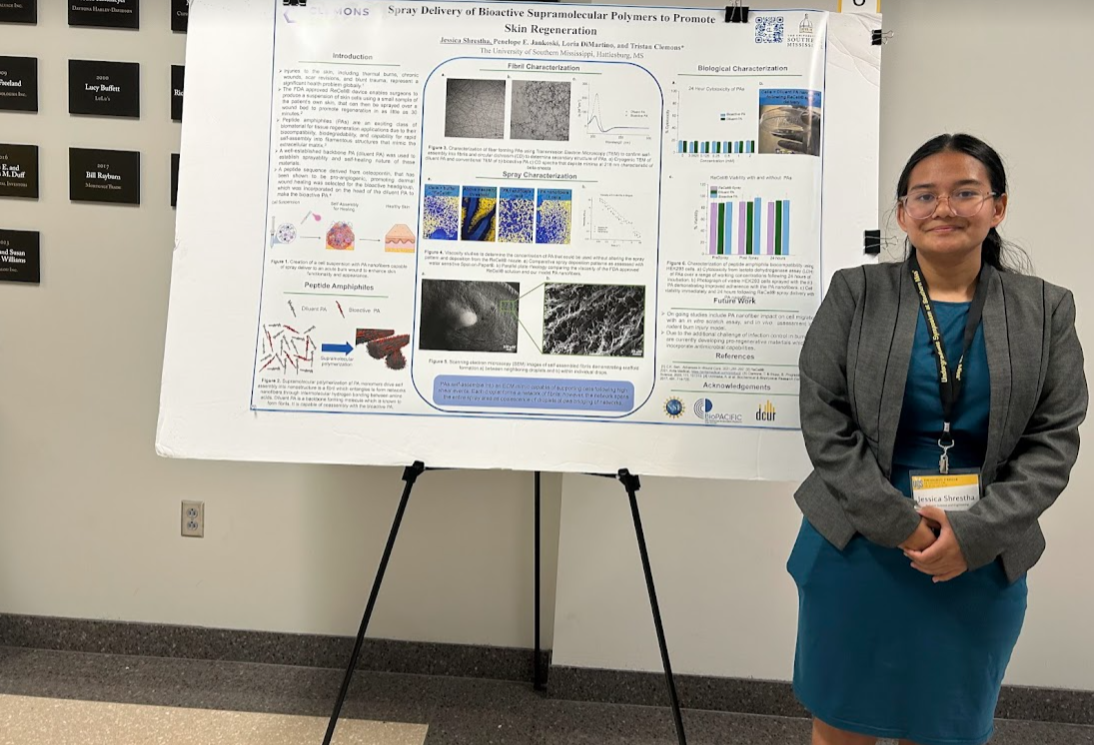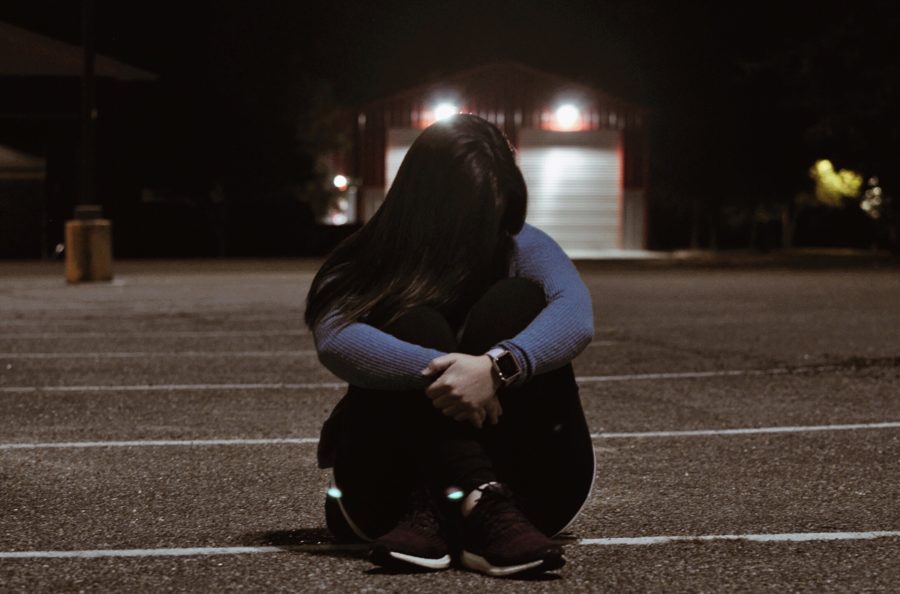Many sexual assault survivors go through trials every day following an attack.
In the U.S., one in three women and one in six men will experience a sexual assault in their lifetime. With this, 20-25% of college women and 15% of college men are victims of sexual assault during their time at college. With this, rape is still the most under-reported crime.
Junior special education major Cara Barker experienced first-hand how an assault can change life drastically. During her freshman year, Barker was sexually assaulted at a fraternity on campus during Halloween. She was with a group of friends who were drinking before she eventually got separated from the group.
“After my first or second drink, I felt funny, and that wasn’t normal,” Barker said. “A guy eventually led me into his room, and the rest was simply a blur from there.”
Barker said the assault from that night was shut out from her memory. She feared her assailant and his presence still on campus. Even more, she feared how she would be viewed or judged throughout campus if she were to open up about the incident. Barker later learned about a similar instance that took place the same night. She heard what was being said about the woman, which caused her to keep quiet about her attack.
“I didn’t want to be known as the girl who ruined someone’s life,” Barker said. “Even though my life was never taken into consideration.”
Barker has never taken any legal action for her assault, but she reached out to those around her and began going to therapy. Barker struggled with coming to terms with the assault, but eventually allowed herself to heal.
“It’s a part of my story although it doesn’t define me,” Barker said. “The culture has changed on campus since then, but it’s nowhere near where it needs to be.”
Title IX coordinator Rebecca Malley has been working with the office since 2011 with assisting those who feel victimized or unsafe on campus. Title IX’s role regarding sexual assault is to implement the university’s sexual misconduct policy. The staff also works to provide a place for students to find comfort and to consult with someone about their rights on campus regarding sexual misconduct.
“People need to get help and reach out after an attack,” Malley said. “They need to know not to carry the burden themselves.”
Junior marine biology major Makala Marsh was sexually assaulted at 9 years old by her brother. While being told at the time that it was simply a game, Marsh said it continued for weeks following. After the assault, she avoided her brother at all costs. While Marsh had never told her parents, she eventually confided in friends.
“I had a friend in high school that underestimated the event, which caused me to be ashamed,” Marsh said. “This led me to never talk about it until I got to college.”
Marsh said that her fear has kept her from taking any legal action, but she would like to know his reasoning. While she continues to go to therapy, Marsh also has allowed herself to become more open about the situation and reach out to those with similar stories. Marsh still struggles with common issues following the assault, such as nightmares and anxiety.
“I’m afraid to get into a relationship,” Marsh said. “I don’t trust easily anymore.”
While Marsh has only confided in a few people about the assault, she has also connected with a therapist at the Southern Miss Student Counseling Services. While she worries about the outcome of telling others, Marsh is comfortable with her support system on campus.
Marsh said that she feels her experience, although tough, has led her to seek the help that she has today. She said that the support she has been given is something that other survivors should seek out as well whenever they’re ready. While every case of assault is different, Marsh said that the action taken following an assault is important in the healing process.
“It’s important for other people to remember that just because someone waits, no matter how long to report a sexual assault, it doesn’t lessen the trauma,” Malley said. “Do not pass judgment on someone just because they waited a while to step forward.”
While reactions vary from person to person, many sexual assault survivors confide in someone following an attack. The first step that Title IX takes after a survivor confides in them is to ensure the safety and well-being of that person, whether this means a change in a living situation or a simple talk with the University Police Department. Title IX then assists with services such as counseling or crisis intervention in order to benefit someone after an attack.
“It’s not your fault. It never was your fault. It will never be your fault,” Marsh said. “Survivors need to remember that therapy is super beneficial in these situations.”






























